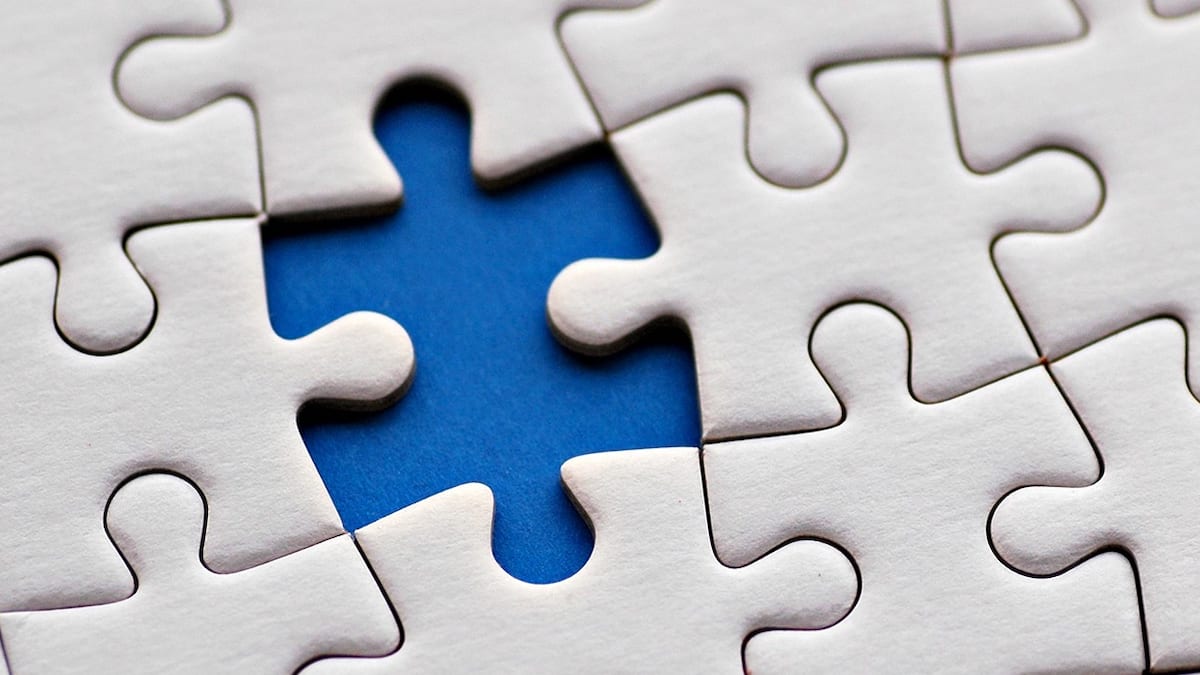The acquisition, storage, and disposal of stuff can be challenging. In my own life, I confess to having a problem with books and articles forwarded my way. After reading them, rather than passing them on, they become part of my collection. As such, I remind myself that I can always return to them for a particular fact, insight, or sentiment. Nevertheless, despite their seeming importance, they mostly collect dust.
Now given all of this, I have been told by some that I am a hoarder. As observations go, this is mostly true since, given time, such items ultimately end up creating moguls and large hills throughout my office. Once, after discussing a potential product for our home, my wife informed me that she had researched and located some literature on it. After thanking her, I asked her to place the material on my office desk so that I could read it in a few days. Upon hearing this, however, she not so politely reminded me to forget it. “If it goes there, the next time it will be found will be the day after your funeral!”
Stuff. Should we keep it, pass it on, or forego it altogether? In our increasingly materialistic society, our excessive accumulation of stuff has risen to such epidemic proportions that medical professionals and academics have begun to pay increasing attention to this phenomenon. And while the word and lifestyle known as hoarding has been defined by the Mayo Clinic, a prominent cable network has even documented this tragic lifestyle.
In “Stuff: Compulsive Hoarding and the Meaning of Things,” Randy Frost, professor of psychology at Smith College, notes that “About 75 percent of people with hoarding problems buy excessively, with over half qualifying for a diagnosis of compulsive buying.” He further states that “hoarders tend to have lots of credit cards and pile up huge credit card debt.” In fact, an article written by Erica Sandberg estimates that 1.2 million Americans are impacted by this disorder which ends up not only burying the hoarder in debt, but also in severe depression which, in the end, may ultimately involve family, friends, and even neighbors. Sadly, hoarding may lead some older individuals to suicide, leaving their children not just with the emotional fallout, but also with massive financial liabilities and a house bursting with things.
Years ago, I remember sitting down for dinner with a Dominican sister (who was also my professor) when the conversation turned to advertising inserts in news publications. I noted that for many Americans, myself included, they had become part of our culture. Each week, as though programmed, we sit down, open advertisements, and decide the next thing to purchase. After listening to my “confession,” she responded that advertisements were the first items that she tossed into the rubbish.
As medical professionals continue to research, explore, and treat hoarding issues, perhaps we Christians can begin to mount a new way forward, as well. One researcher has revealed that professed followers of Christ take in 68 percent of the world’s income, yet only 3 percent of that goes to the church and just a tiny percentage to world missions.
In closing, while I am not advocating that we entirely throw off the advantages of our modern lifestyle, perhaps it is time to reconsider the meaning of treasure in our lives. Is our treasure measured by the volume of accumulated things or by the way we live our lives? In the Gospel of Matthew (6:19-21), Jesus provides us with the answer:
Do not lay up for yourselves treasures on earth, where moth and rust consume and where thieves break in and steal, but lay up for yourselves treasures in heaven, where neither moth nor rust consumes and where thieves do not break in and steal. For where your treasure is, there will your heart be also.





